Aging, Redefined: The Psychology of Myths, Mindset & Beauty
| Authored by: Tayyaba |
| Reviewed by: Kapil Dhameja |
| Estimated Reading Time: 7 minutes |
What adjectives come to our mind when we think of our aged grandpas and grannies? They convey a common imagery curated from the media and culture— old school, weak, forgetful, boring individuals that have become somewhat irrelevant to our society. But what if I tell you there exist mind games behind aging and that we are misled to a great extent? What if I tell you that growing older reaps the harms of these preconceived notions fed up in our mind?
Yes, psychology unravels the reality about aging by debunking these myths that are prevalent in our society. By understanding the psychology of aging, we learn how our mindset can shift the narrative for the betterment of our community. Moreover, there are many emotional and mental benefits of growing older that aged adults need to embrace instead of looking with the same mythical lens at aging as a journey of losing everything. With the help of the psychology of aging, it becomes an acceptable natural process and not a gradual journey of losing everything. Grab a mug of coffee and enjoy today’s blog as we explore how psychology debunks myths of aging, redefines the aging process, unveils its mental and emotional benefits and brings forth practical ways to embrace its journey.
|
Table of Contents |
Myths of aging

When we target a specific group of people with a biased understanding that has been transferred into our mind due to its prominence in the society, it can lead to severe consequences. Here, for example, older adults become the target and they are defined in a certain way without other considerations being made. This results in a flow of narrow mindset fostering stereotypes generation by generation and when we actually start to grow older, it is as if we are required to complete the stereotypic definition leading us to actually become frail, lonely, inactive, boring and irrelevant. Therefore, the harm of myths of aging is they diminish the individuality of older adults and also influence how society interacts with them. These myths that let our adults down need to be challenged for fostering a more inclusive environment— where diverse experiences and contributions of individuals across all age groups are recognised. Aging comes with some strengths as well as challenges. There are both positive and negative sides to it that should be seen in one frame. But we, unfortunately, divorce the positive concepts and fix our eyes on the negative ones. For example, research has shown that a healthy lifestyle and diet can help us age gracefully but it is like everyone ignores this fact and goes with the inevitability mindset of aging being horrible. Let’s talk about the most common myths of aging.
Myth One: Depression is a must!
Depression is not something normal in old age as it is normalised unfortunately. However, old people can find themselves lonely and isolated causing depression and other psychological problems but that's not the case for all of them. Studies show older adults experience depression less than young adults.
Myth Two: They don't need much sleep!
Whether it's younger adults or older adults, they need the same amount of quality sleep, i.e. seven to nine hours. However, yes, with age, the quality and quantity of sleep is affected and it may become hard to fall asleep and to stay asleep as much as needed.
Myth Three: Aged means no learning!
Older adults are not in coma; they can move, read, write, learn and improve in various skills. They have the ability to learn something new and create new memories. However, there is some sort of decline in their cognitive abilities but positive changes also take place. For example, having more insight and knowledge due to more experience.
Myth Four: Dementia is a must!
No, Dementia is not an inevitable reality of aging. Though the risk increases in older adults, many of them do not suffer from dementia at the end of the day.
Unlock the term: Dementia is a term for several diseases that affect memory, thinking, and the ability to perform daily activities. It is a syndrome that can be caused by a number of diseases which over time destroy nerve cells and damage the brain, typically leading to deterioration in cognitive function (i.e. the ability to process thought) beyond what might be expected from the usual consequences of biological ageing. While consciousness is not affected, the impairment in cognitive function is commonly accompanied, and occasionally preceded, by changes in mood, emotional control, behaviour, or motivation. —WHO
Myth five: No physical activity, Grandpa and Granny!
Contrary to what people believe, sitting too much can make older people lose their ability to do things on their own that causes unhealthy dependency. When a person cannot walk, move or take things on its own, it becomes troublesome for him or her too. So, some sort of physical activity or exercise is important and should not be assumed as harmful. In fact, at every age, exercise is good for a person’s health.
Myth Six: Uncles in their 60s should not drive!
The time to limit or stop driving for anybody of any age depends on its ability to drive safely. Cognitive and physical decline happens with age. If it affects driving in a way that it becomes unsafe, then one should avoid it. But if it doesn’t affect safe driving, it’s time to get over this myth!
Myth Seven: Osteoporosis happens to nannies only!
It is true that Osteoporosis is more common in older women than older men. But men are also affected by it and can be underdiagnosed.
Unlock the term: Osteoporosis is a disorder that makes bone fragile and prone to breaking leading to fractures or bents.
Myth Eight: Aged people go crazy!
It is believed that older people become childish or crazy. This period is called dotage where mental abilities are declined and they start behaving crazy. But this is not true for every aged individual. There are elders who become more learned, forbearing and admirable at such ages.
Myth Nine: Why quit smoking after I have smoked all my life?
No matter how long somebody has done smoking, it is never too late to stop it even for older people contrary to the failure mindset, “I am old now, and with only a few days of life left, what is the point of quitting smoking after I have smoked all my life and lived to this age?” Buddy, it’s never too late to become an inspiration for your family and friends. In fact, there are immediate benefits of quitting smoking. As one quits, the level of carbon monoxide in the blood decreases in a few weeks resulting in good circulation and improvement of lung function.
The Power of Mindset in Aging
We are not aware of what wonders the psychology of aging can do for us. When psychology says your mindset can add or subtract years in your life, it really means it!
Your mindset is a weapon through which you may either kill the stereotypes and shine or you kill your life spirit. Dr. Becca Levy at Yale University is a revolutionary psychologist in this field. She researched on the psychology of aging and found astonishing results. Let's find out what she revealed.
-
She subliminally primed older adults with either positive words like wise, sharp and accomplished or negative words like senile, feeble and confused. Do you know what happened to them? Adults with positive words ended up showing cognitive and physical improvements like enhanced memory and good walking pace. While those exposed to negative stereotypes ended up showing decline. This shows how powerful and impactful our beliefs are. So, never let the viral myths of aging let you down as you age. Make sure you age well with good thoughts, good walks and good experiences.
-
Dr. Becca tells us about her long-term study she analyzed, "The average lifespan of those with the most positive age beliefs was 22.6 years after the study began, while it was only 15 years for those with the most negative age beliefs. That meant that the positive-age-belief group enjoyed 7.5 more years of life. This advantage remained after I controlled for the possible influences of age, gender, socioeconomic status, loneliness, and functional health. In fact, I found that positive age beliefs were more powerful predictors of survival than low cholesterol, low blood pressure, lower body mass index, and not smoking. The survival advantage for those with positive age beliefs was also found to be consistent across a number of different studies I conducted." This gives us a shocking truth: Mindset is more effective than any of the factors like blood pressure, cholesterol level and smoking status that are considered important for health. So, let's not ignore the power of mindset from now on.
Emotional and Mental Benefits of Aging
Nobody talks about the advantages of growing older; only stereotypes, only pessimism. Let’s break this norm and find out the beauty of aging. There are multiple mental and emotional benefits as we age that we are going to learn today:
-
Wisdom and better Advice: With aging comes experience that bestows wisdom. Wisdom is the true asset of knowledge because it is applied to practical situations to reap benefits. This is the greatest benefit of aging. According to Karl Pillemer of Cornell University, aged people have tried-and-true experiences of life. They have seen ups and downs of life— the catastrophes like loss, heartbreak, war, and illness. Therefore, they are better advisors contrary to the general notion that they are close-minded or irrelevant to present times. They, in fact, have a better sense of who they are and they don’t care much about what other people think about them.
Older adults can outperform younger adults in many mental and emotional aspects. Let’s take them one by one:
-
Conflict Solving: They can analyse multiple dimensions of a situation, resolving conflict and finding solutions that work for everyone.
-
Emotional Control: They are less impulsive and have fewer emotional ups and downs leading to a state of greater contentment. Their amygdala— the brain’s fear center— becomes less reactive to negative stimuli and has better emotional control.
-
Decision making: Due to vast amounts of experience to draw wisdom from, older adults can make better decisions in complex situations where balance is required between long-term consequences and short-term profits.
Therefore, with more years on the planet, older people also enjoy wisdom, better emotional control and less worry unlike younger people who mess with their days due to small annoyances and disappointments.
-
Life satisfaction: Older adults have better wellness and life satisfaction (provided they have good physical and mental health) than younger adults. As we discussed in previous sections, they suffer from less anxiety, and depression than younger adults.
How Society shapes our view of Aging?
Dr. Becca Levy tells us in her book about the internalization of stereotypes regarding aging, “We take in these stereotypes when we are very young, long before we are old enough to have any idea what old age really is. As a result, we don't recognize them as stereotypes but rather see them as truth. They become what the French sociologist Pierre Bourdieu called 'doxa'—beliefs so ingrained that we don't even think to question them.” Our media and culture turn these stereotypes into truth. These negative beliefs are built in our society through them. Let’s learn how it really happens:
-
Media representation: Older adults are portrayed as weak, comical and outdated individuals that affect the minds of the people and they silently get programmed to believe it as reality.
-
The Anti-Aging trend: Industries have built on the idea that aging is a problem to be solved. They constantly sell their products in the name of “anti-aging” or “anti-wrinkle” effects portraying it as an issue to overcome rather than a natural process to embrace. This causes shame and anxiety in older adults.
-
Established Ageism: There exists an establishment of ageism in our society which tells us a lot about our negative beliefs for aging. Examples are mandatory retirement ages, not getting a job in the 50s, and doctors dismissing patients due to their old age all showcasing reinforcement of myths of aging.
Dr. Becca also reveals the harms of myths of aging which summarizes our previous discussions, “When negative age stereotypes are assimilated, they can result in a number of detrimental outcomes. They can put individuals at risk for depression and cognitive disorders, such as dementia; they can undermine their will to live; and they can shorten their lifespan. The negative-age-stereotype pathway involves three components: stress, a diminished sense of self-efficacy, and an unwillingness to engage in healthy behaviors... The negative stereotypes are converted into a personal threat, which the body responds to with stress. This stress response, in turn, contributes to a number of detrimental outcomes, including cardiovascular disorders and memory loss.”
How to Embrace the Beauty of Aging?

When there exists negative stereotypes about aging, it becomes difficult to go out of the box and see the beautiful side. The positive side remains blurry until we try to make efforts for it. Here, we will attempt to unfold practical ways to embrace the beauty of aging:
-
Challenge yourself: Old age is not the end of life. We must challenge ourselves with what life presents us with. It will not look like a young adult establishing a career or getting settled. Old age has its own challenges to work upon. After retirement, life is not dull, it can be made active and it should be made active by pursuing a skill, volunteering in an organization or taking care of oneself through physical and mental activity.
Important: “Research supports this “get up and get going” mindset, showing that older adults who get up at a regular time and lead an active life tend to be happier and perform better on cognitive tests than others with irregular schedules.” (Psychology Today)
-
Connect, not isolate: It is difficult to feel connected for older adults when their children move away from them and they come to visit a few times. Connection is very important for health and longevity, therefore, we need to make new friends and socialize with people in our old age. One way of doing this is to accept intergenerational friendships— a two-way bonding— younger people gain insight and advice and older people stay connected to new trends combating loneliness and isolation.
-
Commit to learning till grave: Learning helps in mental clarity and healthy brain function. It is never too much of learning because there’s an ocean of knowledge and our buckets will never be full. Learning a new language, getting a certificate in an interesting skill, reading books, visiting museums and cooking different foods are great ideas to get involved in. And it needs not to be perfect, the goal is to be a beginner at something, the goal is to live life fully without taking stereotypic shame.
-
Physical activity: Physical activity works like a miracle for aged people. Walking, exercising (according to what suits the body), and doing chores by oneself are good options to keep the body healthy. The heart, brain and limbs work well due to physical activity.
-
Finding Purpose: If life meant for us a career, relationship or a business and it becomes void of meaning in old age, then cultivating a new purpose like mentoring, creating art and advocating a good cause can help make life meaningful again.
-
Leave a legacy: Write a book, share stories and experiences, and engage in journaling to leave a legacy of your values and being.
-
Positive mindset: As we acknowledged how negative words led to physical and mental decline in older adults, it became extremely crucial to feel good about ourselves as we age—having positive beliefs and attitudes and high self-esteem. Refer to “The Power of Mindset in Aging” section.
Dr. Becca suggests, “The good news is that we can shift our age beliefs at any point in our lives. It is never too early or too late to begin. The first step is to become aware of the negative age stereotypes that surround us. The second step is to reject any that are negative and unhelpful. The third step is to cultivate positive age beliefs by seeking out and promoting more accurate and positive representations of aging.” We will conclude with another quote of hers, “ We have the power to shift our age beliefs and thereby influence our health in old age. The journey to a better old age does not require a medical miracle or a genetic intervention; instead, it requires that we confront the negative age beliefs we have internalized and replace them with the many positive age beliefs that are available to us from our culture.”
Recommended Products
Related Aticles:
Secrets to Ageless skin: What are the miracle foods to eat and disaster foods to avoid
The Quest for Ancient Anti-Aging Secrets from Around the World
Preventing aging skin: A detailed guide for skincare for men over 30
Calendar Age vs. Biological Age: Understanding the Difference
References:
https://healthlibrary.brighamandwomens.org/1,1945
https://www.psychologytoday.com/us/basics/aging
https://www.psychologytoday.com/us/blog/the-minute-therapist/202505/the-four-cs-of-successful-aging
https://www.who.int/news-room/fact-sheets/detail/dementia


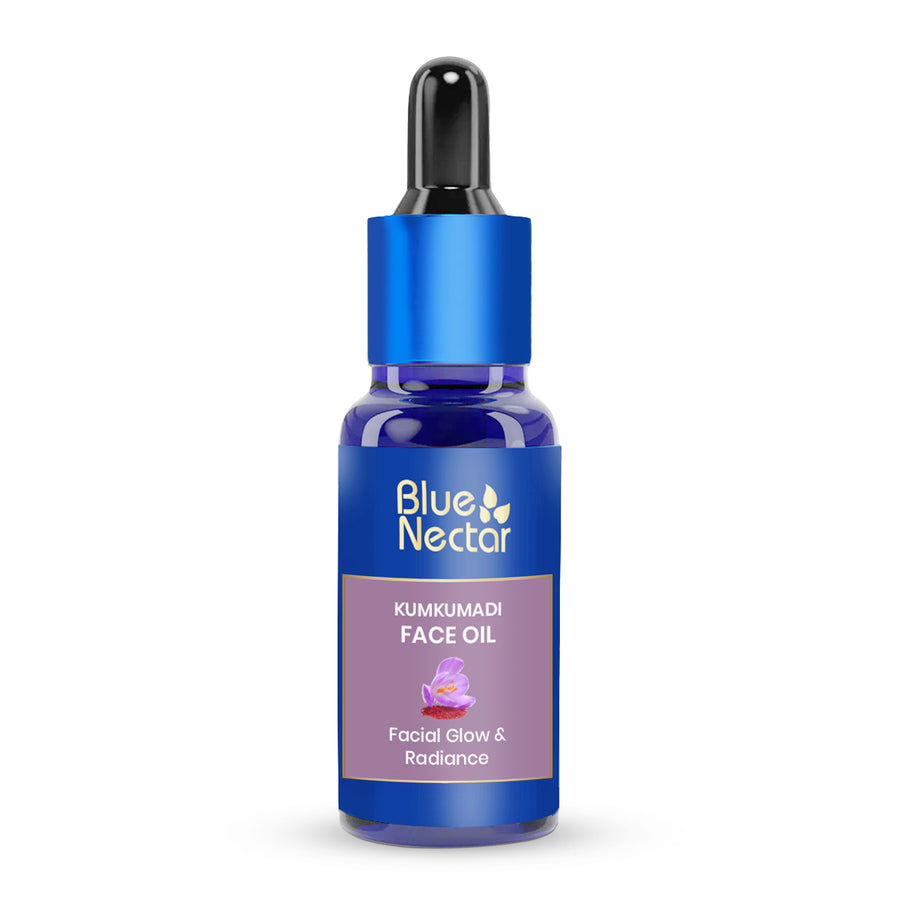
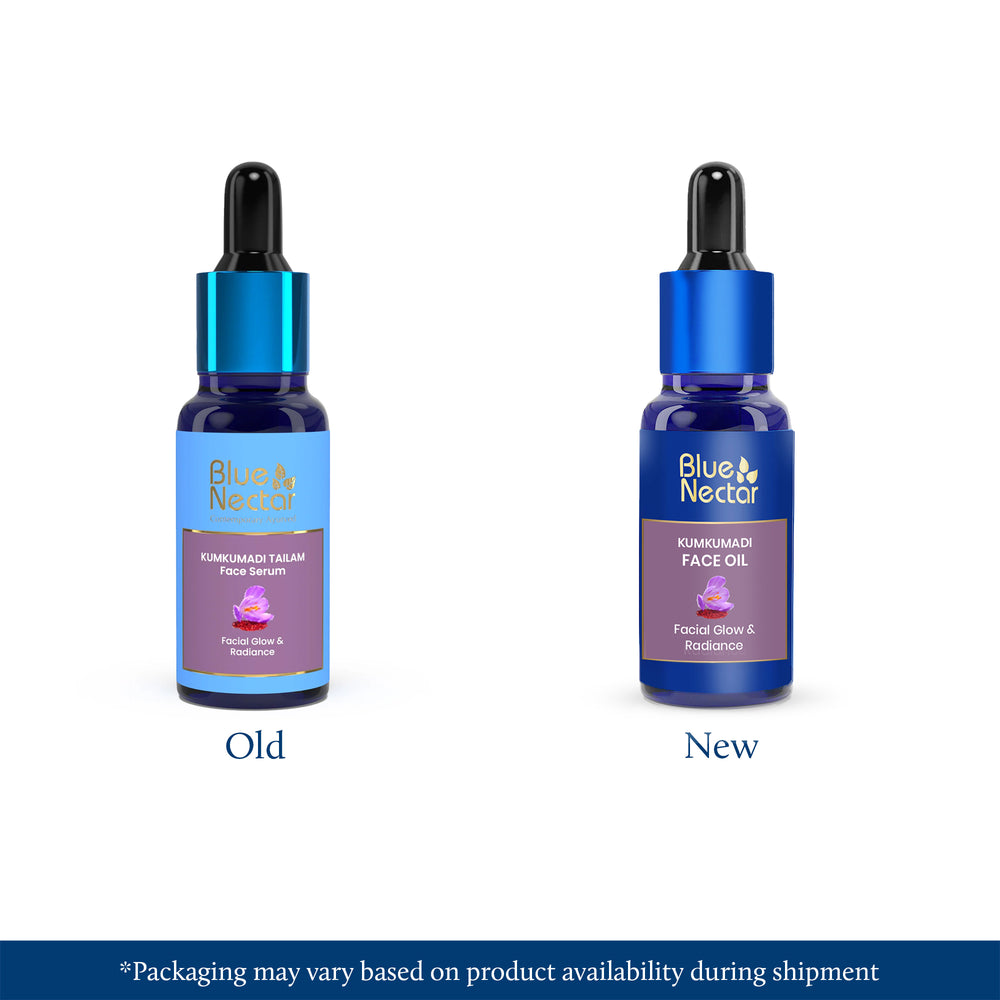

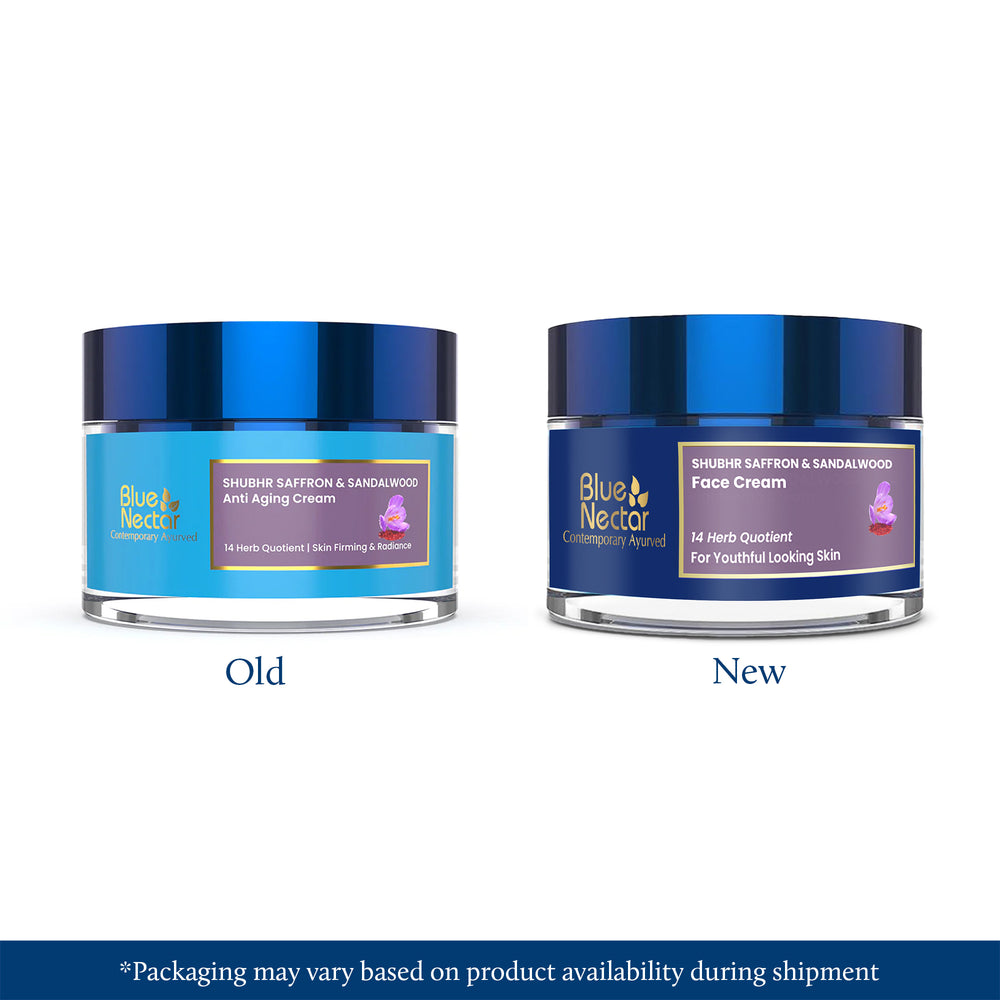
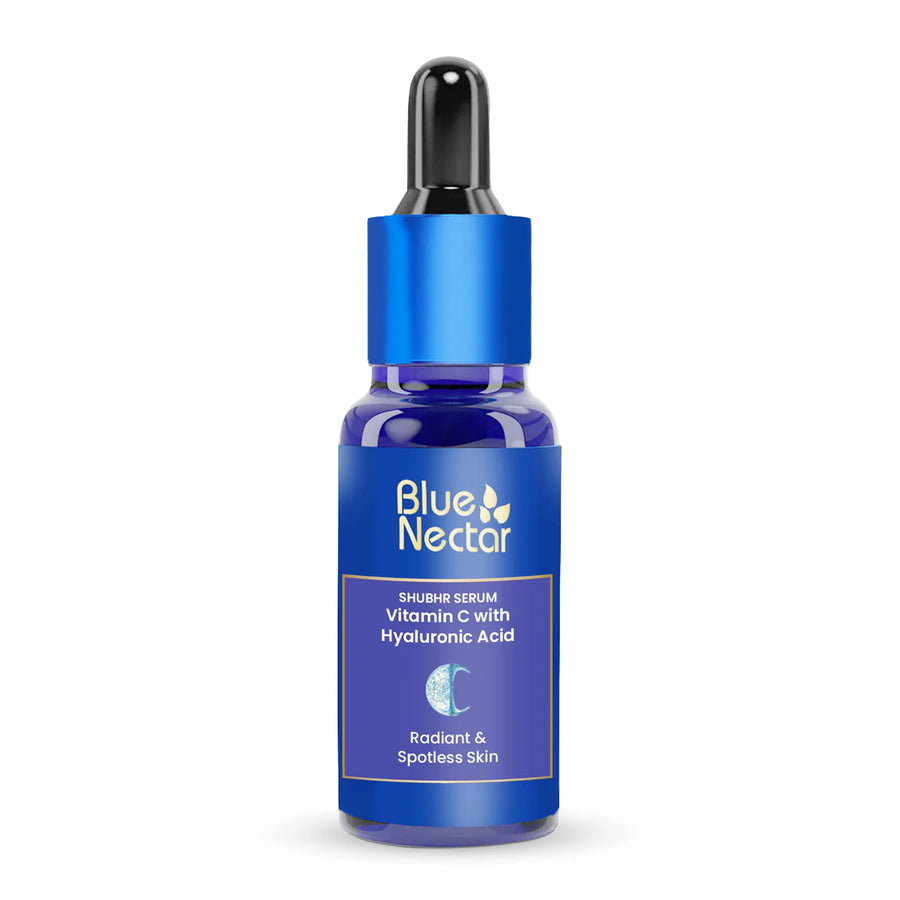
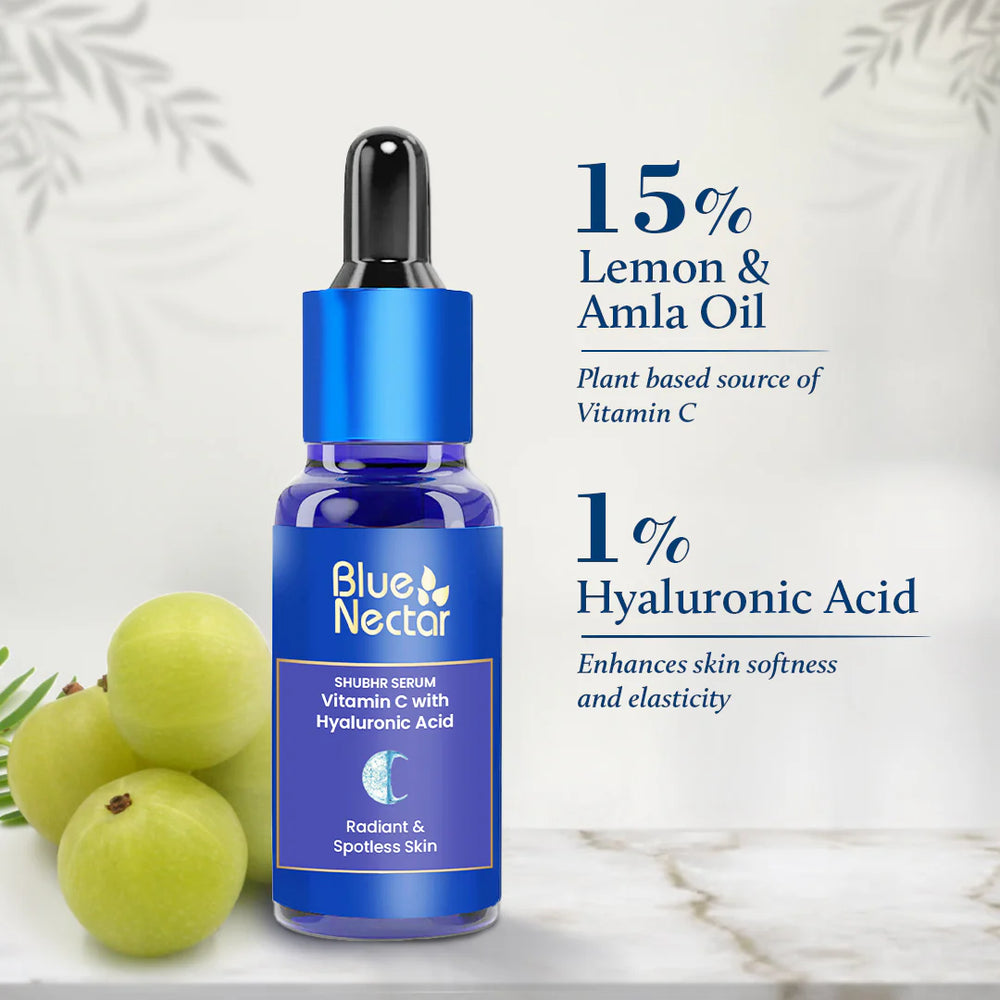

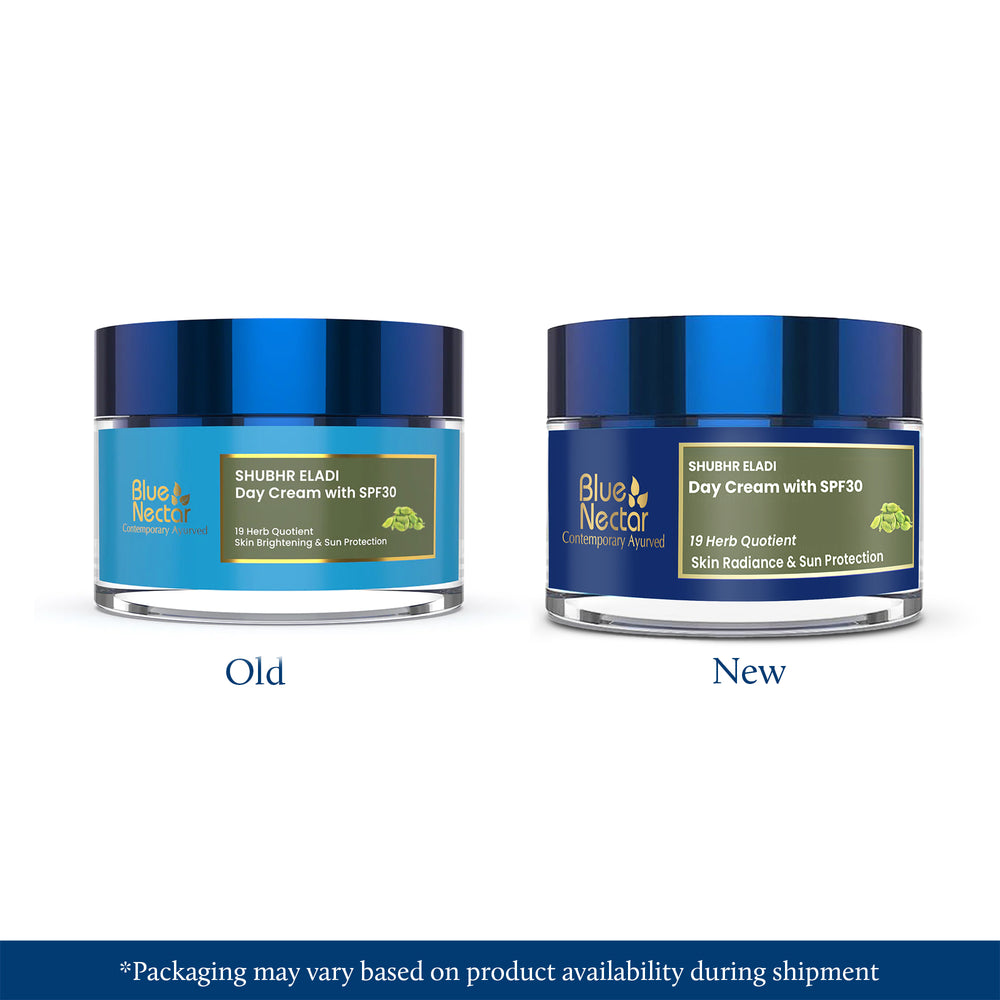
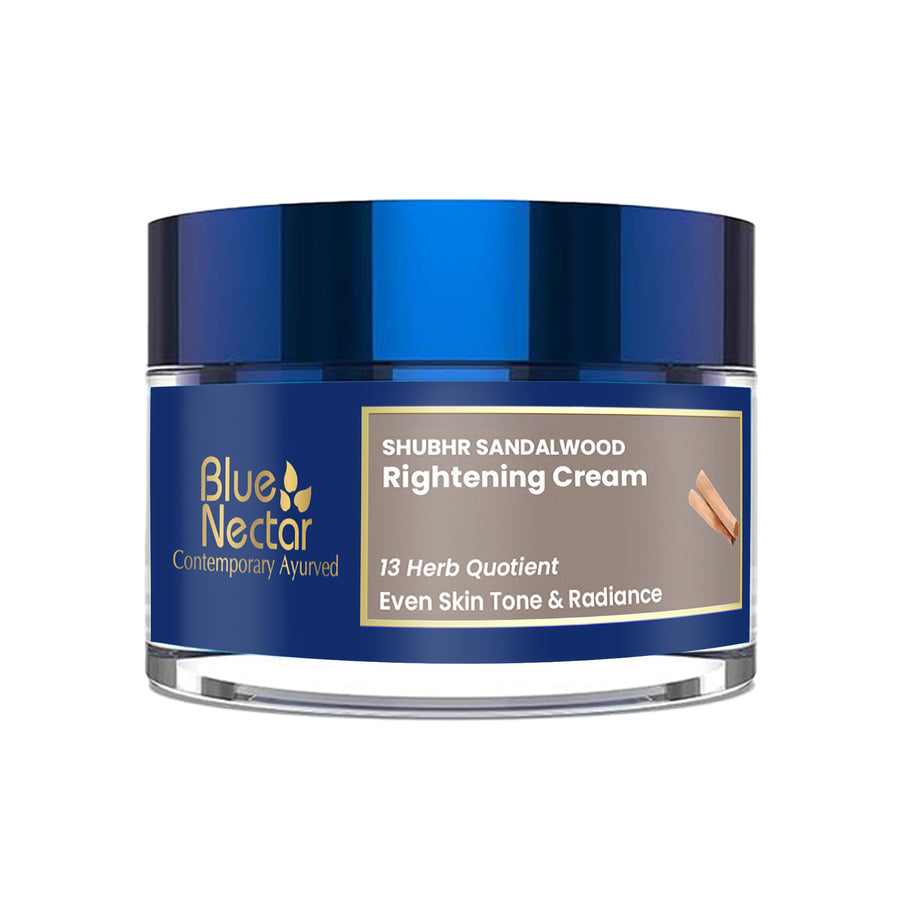
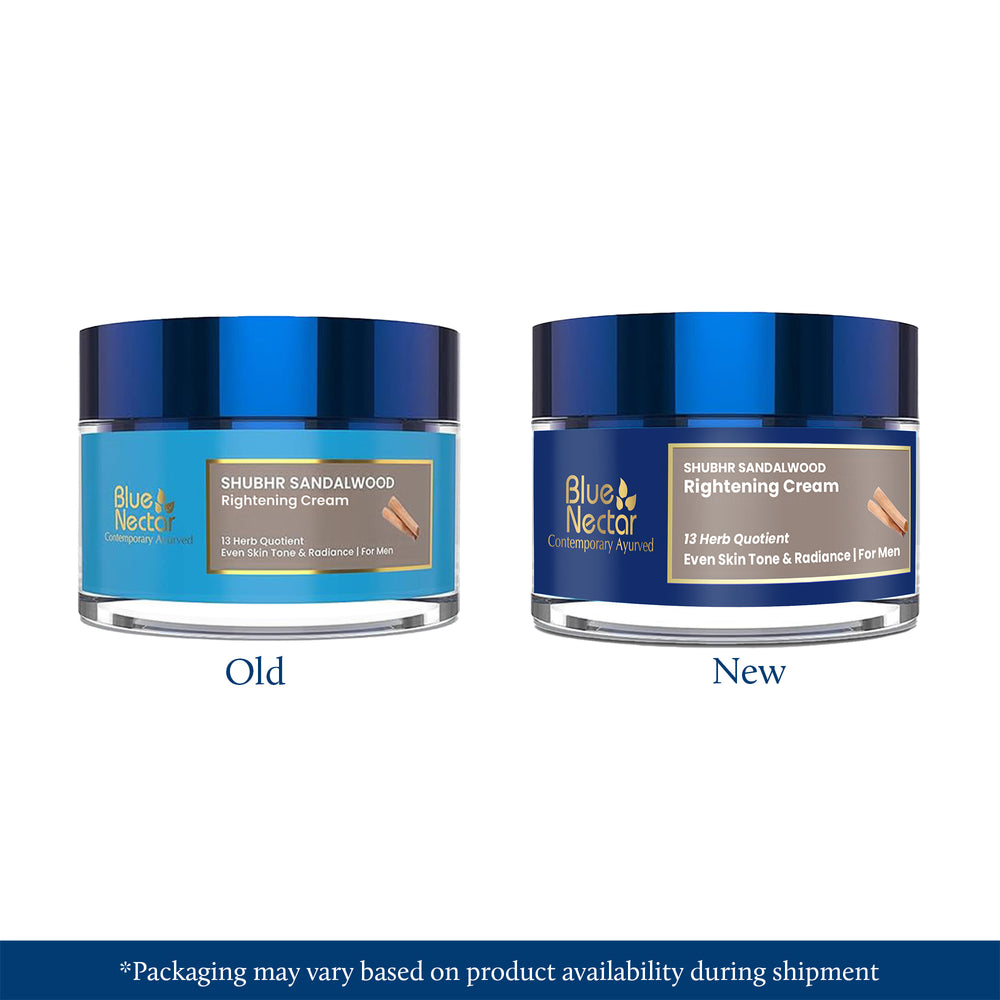




Leave a comment